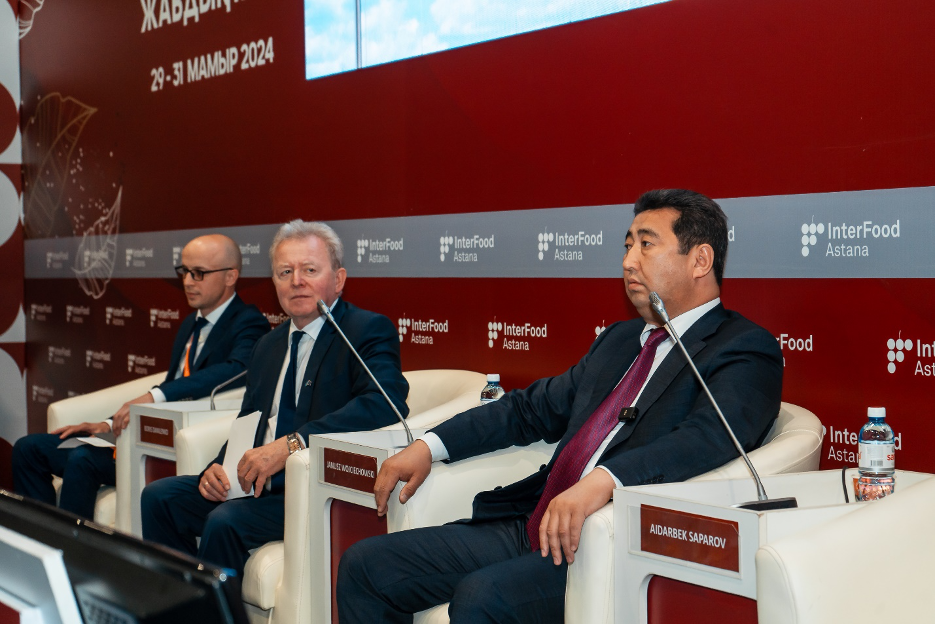
As part of the visit, on these days, events are taking place to establish close contacts and identify the specific areas of cooperation between representatives of the business circles of Kazakhstan and the EU. The business mission of the agri-food sector included over 40 companies from 16 EU member states.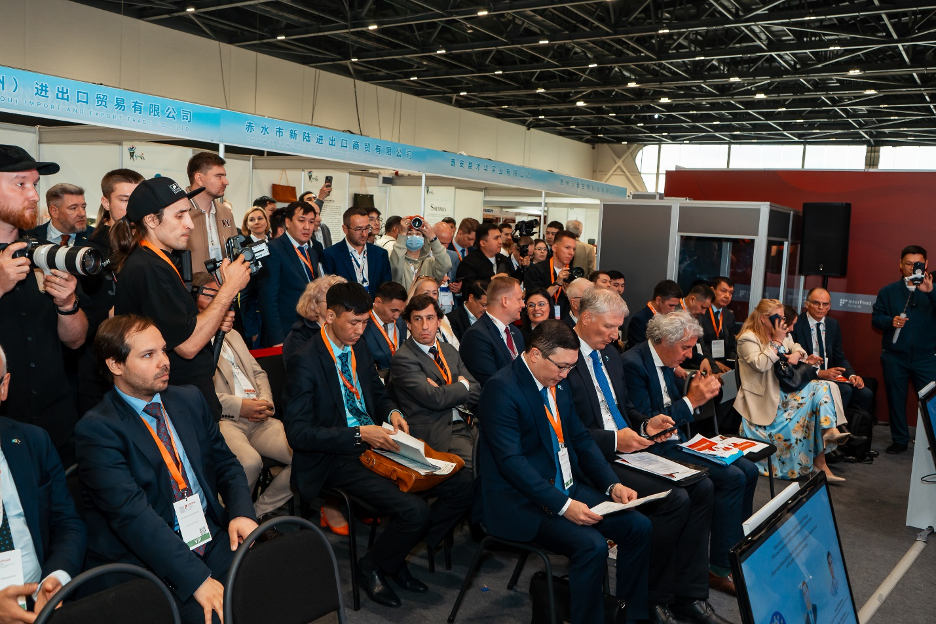 The parties are keen in implementing investment projects in the field of agriculture and cooperation in the field of creating an agro-food hub in the territory of Kazakhstan. In 2023, the bilateral trade turnover amounted to US$41.4 billion.
The parties are keen in implementing investment projects in the field of agriculture and cooperation in the field of creating an agro-food hub in the territory of Kazakhstan. In 2023, the bilateral trade turnover amounted to US$41.4 billion.
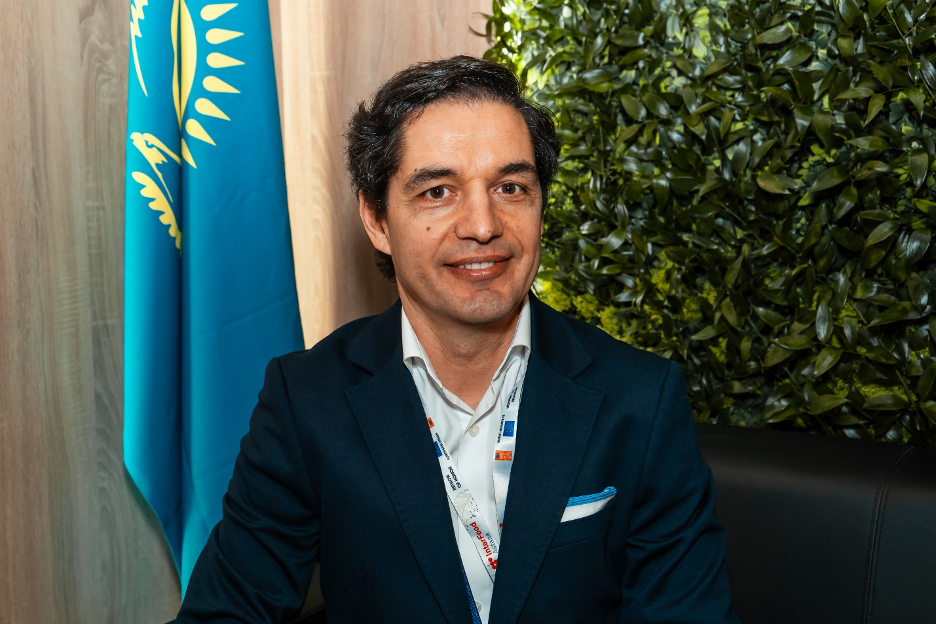 We continue to introduce you with the participants of the EU Agri-Food Mission in Astana. One of them is a representative of the leading Portuguese wine production, “Casa Redondo” - Tiago Patrao. He is known for his contribution to the production and promotion of Portuguese wines and spirits. A company with a rich, almost century-old history is known for its unique products. According to its creators, the wine regions of Portugal, such as Douro, Alentejo and Vinho Verde are famous for their mild climate and a variety of grape varieties, which make the Casa Redondo products truly unique.
We continue to introduce you with the participants of the EU Agri-Food Mission in Astana. One of them is a representative of the leading Portuguese wine production, “Casa Redondo” - Tiago Patrao. He is known for his contribution to the production and promotion of Portuguese wines and spirits. A company with a rich, almost century-old history is known for its unique products. According to its creators, the wine regions of Portugal, such as Douro, Alentejo and Vinho Verde are famous for their mild climate and a variety of grape varieties, which make the Casa Redondo products truly unique.
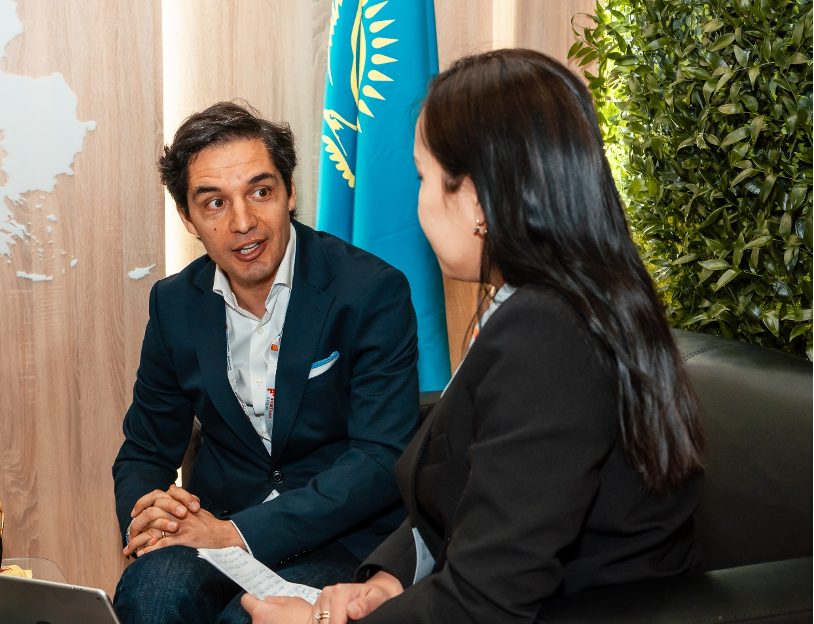
QAZAQ CULTURE: Tiago Patrao, could you give a brief overview of your company, highlighting its history?
Tiago Patrao: Of course. Casa Redondo is a family-owned company with a rich, nearly century-old history. We began as a small distillery, and over the years, we have evolved to become the producers of Licor Beirão, which is the number one spirit’s brand in Portugal today. Our core values are dedication to quality, continuous innovation, and the commitment to promoting Portuguese excellence globally. We are proud of our traditions and the fact that we pass them from generation to generation. The wines from our region have a higher acidity and freshness, due to the altitude of about 600 meters above sea level. Also, we have the old grape varieties, some of which are more than 100 years old that give our wines a unique taste. We cooperate with small producers in the Portalegre region, which allows us to maintain a variety of grape varieties and high quality products.
QAZAQ CULTURE: What distinguishes the quality of your products? Are there any specific features or standards that set them apart?
Tiago Patrao: The quality of our products is distinguished by our dedication to excellence and innovation. We use only the finest, locally sourced ingredients and adhere to traditional production methods, refined over generations. In particular, Licor Beirão is recognized for its unique and distinctive taste, which is the result of a secret recipe passed down through generations. Therefore, we strictly control every stage of production to ensure the high quality of our products.
QAZAQ CULTURE: What are your objectives and expectations for participating in this high-level mission to Kazakhstan, initiated by the European Commission?
Tiago Patrao: Our participation in this high-level mission to Kazakhstan, initiated by the European Commission, aims to expand our international presence and establish new trade partnerships. We have extensive know-how experience in selling and promoting spirits’ brands, representing some of the most significant spirit producers, such as Remy Cointreau, Proximo, Global Spirits, Whyte & Mackay, Maison Villevert and others. We aim to raise awareness of the Licor Beirão brand in Kazakhstan and the surrounding region, exploring opportunities to introduce our products for new consumers.
QAZAQ CULTURE: What potential do you see for Portuguese wines at the Kazakh market, and which grape varieties could become popular here?
Tiago Patrao: Portugal has a long tradition of wine production and one of the most diverse grape varieties in the world. We have more than 250 varieties. It is difficult to choose any one variety, but I would note Touriga Nacional as one of the main varieties that represents our value. As for the potential of Portuguese wines in Kazakhstan, I believe that our wines have great potential for the discovery. In Portugal, we have a wide range of wines from the regions such as Alentejo, Douro and Vinho Verde. For example, we are located in Alentejo, and this is a region known for its unique wines. Our family-owned company covers both the Portuguese and international markets.
QAZAQ CULTURE: In your opinion, what features of Portuguese wines can attract the attention of Kazakh consumers?
Tiago Patrao: Portuguese wines are distinguished by their variety. Our country is a real wine treasury, and our winemakers are the alchemists who know how to use the advantages of various grape varieties to create unique wines. We produce our drinks in small factories, and over the almost 100-year history of our company, the Podengo family has been innovating and staying true to quality. I am sure that this unique approach and long-standing traditions will exactly attract the attention of Kazakh consumers.
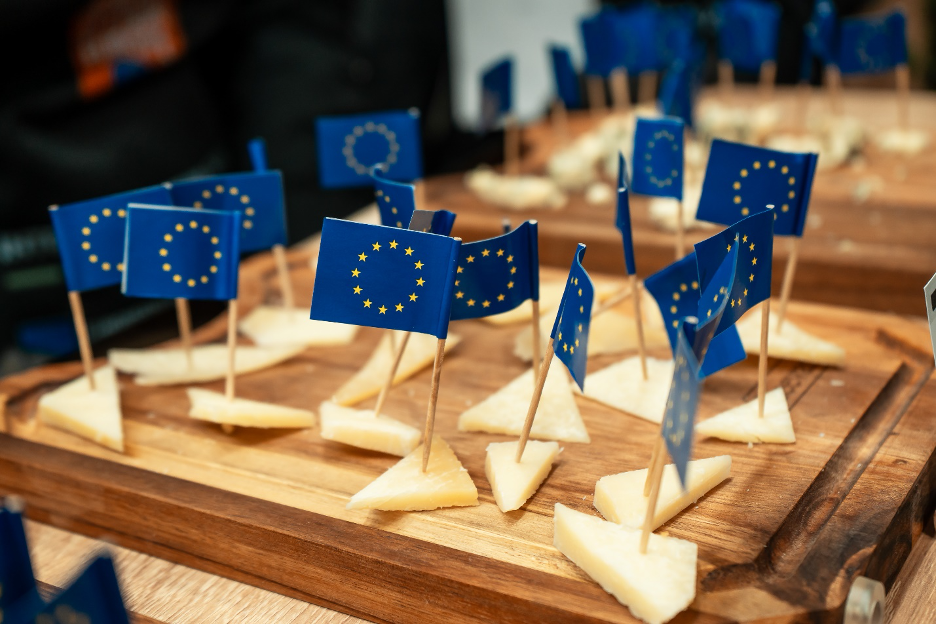
QAZAQ CULTURE: Do you plan to hold tasting events and wine tours in Kazakhstan to familiarize the consumers with Portuguese wines?
Tiago Patrao: Yes, we see great potential for tasting the events and wine tours in Kazakhstan. The wine culture has been growing here, and we want to contribute to this development by showing the variety and quality of Portuguese wines. We plan to organize tastings and wine tours, so that Kazakh consumers can personally evaluate our products and get acquainted with unique grape varieties and production methods.
QAZAQ CULTURE: How do you assess the opportunities for the introduction of your innovative winemaking methods in Kazakhstan? What do you know about Kazakh market and its cultural features?
Tiago Patrao: We see great potential for the introduction of our innovative winemaking methods in Kazakhstan. The culture of consumption is diverse here. However, we see that the new market and new consumers are more open to the new products, which provides us with excellent opportunities. Besides that, we study cultural characteristics and preferences in order to adapt our products and approaches to promotion. We actively use branding, product demonstrations and tasting tools to promote our wines through various sales channels. These methods have already proven their effectiveness, and we are confident that they will be successfully applied in Kazakhstan.









